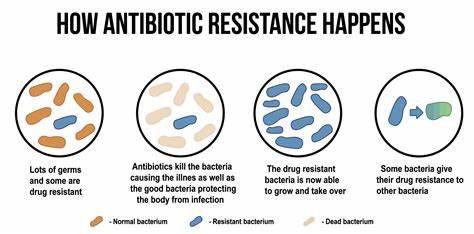This is the VOA Special English Development Report.
The World Health Organization has called for immediate action to stop the growing threat of drug resistance around the world. Gro Harlem Brundtland is the Director-General of the W-H-O. She says that a growing number of important drugs are becoming ineffective.
During the past five years, drug companies have spent more than seventeen-thousand-million dollars researching and developing medicines used to treat infectious diseases. However, the W-H-O says much of that investment could be lost if the problem of drug resistance is not solved quickly.
The organization says the problem is affecting many deadly diseases. They include tuberculosis, meningitis, malaria and pneumonia. Officials say drugs have even become resistant to infections spread through sex.
Rosamund Williams is head of the W-H-O’s Anti-Microbial Resistance Program. She says the problem of drug resistance exists in both rich and poor countries. Doctor Williams says the spread of infections is a serious problem because people can now travel anywhere in the world in less than twenty-four hours. In addition, she says the problem of infections is increasing among poor people living in over-crowded or unclean areas.
The W-H-O says using too many antibiotics in industrial countries and not enough of the drugs in poor countries can lead to drug resistance. The use of antibiotics in food production also adds to increased drug resistance. Currently, about fifty percent of all antibiotic production is used in agriculture to treat sick animals and to increase the size of farm animals. The World Health Organization warns that drug-resistant organisms in animals can be passed on to humans. As a result, the W-H-O says the use of antibiotics to improve growth in animals should be halted.
The World Health Organization has launched a new plan to halt the spread of drug resistance. It is designed for patients, doctors, hospital officials and health ministers. Its goal is for all of them to support the best use of drugs so that treatments continue to be effective for all patients. For example, patients should not put pressure on doctors to give them antibiotics. And doctors should use only the drugs that are required to treat a patient.
This VOA Special English Development Report was written by Jill Moss.
